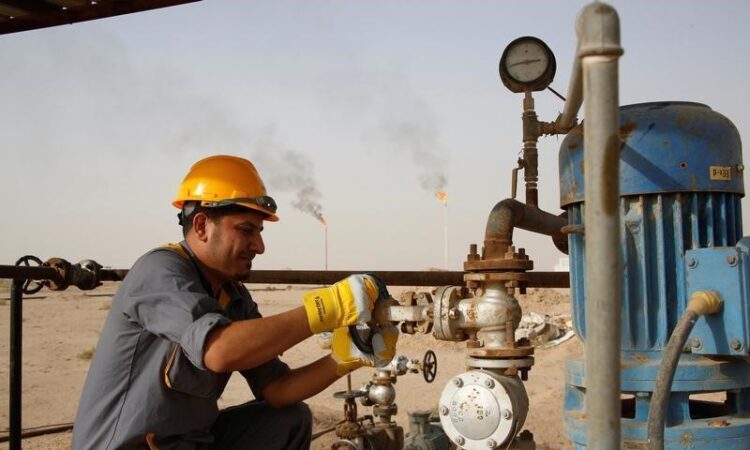
Investing.com | Editor Oliver Gray
Published Oct 13, 2023 13:16
Investing.com – The International Energy Agency (IEA) has stated that the risk of oil supply disruptions due to the conflict between Israel and Hamas is limited. However, it is prepared to intervene in markets if necessary. The Paris-based agency, which also coordinates the release of emergency stocks held by its 31 mostly advanced-economy member nations, issued this statement in light of the recent conflict that has left thousands dead and affected oil markets.
Despite the region accounting for over one-third of the world’s seaborne oil shipments, the IEA assured in its regular monthly report that the chances of oil supply flow being impacted remains limited. The agency confirmed that there has been no direct impact on physical supply.
However, due to the current tight balance between supply and demand in the oil market, the IEA stands ready to act if necessary to ensure markets remain adequately supplied.
Oil prices experienced an initial surge at the start of the conflict but have since stabilized as there was no immediate disruption to supply flows and other nations have not intervened. Nevertheless, prices remain relatively high due to supply cuts by Saudi Arabia and Russia. The IEA also warned it was beginning to see signs of demand destruction.
By 12:15pm AEST (02:15am GMT), Brent Oil Futures added 0.5% to $86.5 while while WTI Futures added 0.8% to $83.6.
The oil market has been grappling with concerns about supplies and demand for months. High energy prices, coupled with interest rate hikes in most advanced nations to combat inflation, are putting pressure on consumers.
The IEA also warned of potential diesel shortages in Europe this winter and highlighted the significant increase in Russian oil export revenues. Despite attempts by the European Union, G7, and Australia to introduce a price ceiling on Russian oil, Russian crudes traded at more than $80 per barrel in September, significantly above the G7 price cap.
Despite the potential challenges, global oil demand is still expected to grow by 2.3 million barrels per day this year, driven by growth in China, India, and Brazil.
Get The App
Join the millions of people who stay on top of global financial markets with Investing.com.
Download Now
Written By: Investing.com






